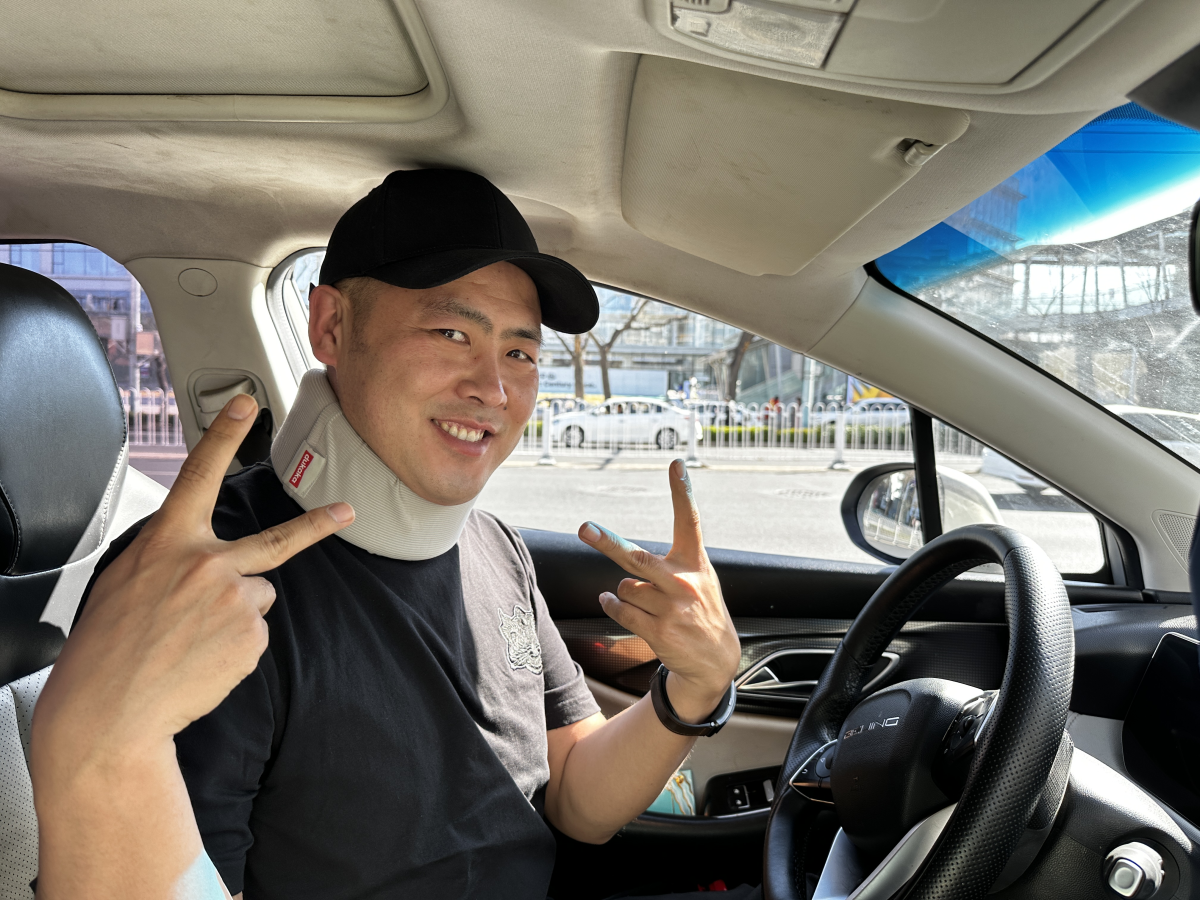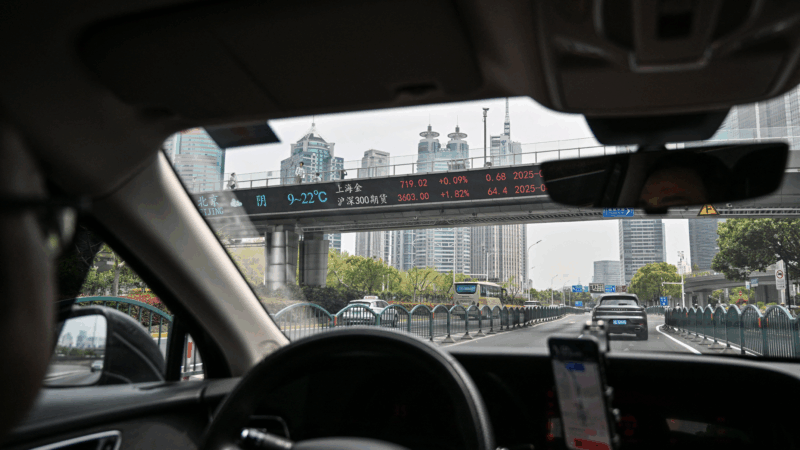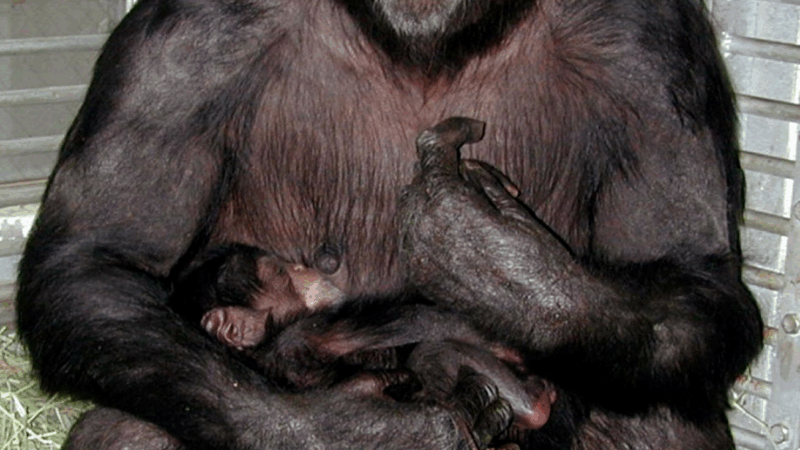China’s ride-hailing companies try to quell the smell in cars where some drivers sleep
BEIJING — You’re on the move in China’s capital. You’ve just booked a ride through a ride-hailing app and, in no time, it seems, a sleek new electric vehicle pulls up to whisk you away.
Sometimes, though, not everything goes so well. Occasionally, once inside the car, a rank or funky odor assails your nostrils.
After your ride, as you rate your driver, your app asks you: “Was the car smelly?” You click yes, and a broken heart emoji appears.
“Most taxi drivers whose cars smell bad actually live in their cars,” explains 36-year-old driver, Shao Wei. “I can understand them. They just want to save some money to help their families live a little better.”
Unemployed pile into gig economy

The smell of economic hardship is in part the result of millions of Chinese being thrown out of work by the coronavirus pandemic and China’s slowing economy. Many have piled into the ride-hailing business and the wider gig economy.
In 2018, Shao Wei, then 28, quit his financial sector job to return to his hometown in northeastern China, to get married, buy a home and settle down. But his business failed, he went into debt and his marriage ended in divorce.
He returned to Beijing last year to drive a ride-hailing car. With no family to support, he’s able to save half his earnings, and he’s given himself 600 days to pay off his debt.
Like many drivers, he has to work up to 15 hours a day just to get enough fares. He doesn’t live in his car, which he rents and cleans daily to avoid odors. But he sympathizes with colleagues who are less fortunate.
“I think the drivers whose cars smell bad are heroes who bravely face life,” he says, “and I hope passengers will give them some understanding.”
But Chinese consumers are increasingly demanding a more pleasant experience — and that includes cleanliness — for their money.
In response to riders’ complaints, China’s biggest ride-hailing company, DiDi Chuxing, put a new policy in place last year.
If drivers get too much negative feedback about their car’s smell, DiDi may temporarily suspend them, until they’re trained to keep their cars clean.
Critics question measures to stanch the stench

Forty-seven-year-old driver Yang Guangdong has been driving a ride-hailing car for a decade. He doesn’t sleep in his car, but he has received some odor complaints, which he says are often unfair and subjective.
His advice to colleagues: Forget about using car air fresheners and perfumes, because they may backfire.
“For example, let’s say you like the smell of apples, and your passenger likes jasmine,” he says. “You don’t like each other’s scents, in which case, he’s sure to say your car stinks.”
Beyond that, some critics say this system of ranking rides’ rankness misses the point.
“I’m not sure this measure will solve the problem, except adding more surveillance on the workers,” says University of Toronto associate professor Julie Yujie Chen, who researches labor and technology. “I feel it’s more for public relations, to kind of like appease the passengers,” she says.
China’s gig economy is dominated by digital platforms, such as ride-hailing giant DiDi Chuxing, and food delivery firm Meituan. Their “super-apps” provide an array of services and functions, from retail sales to travel bookings to financial services.
While these platforms increasingly use customer ratings, big data and algorithms to try to improve the services their employees provide, Chen argues, “the most fundamental issues here are related to overworking drivers, and so I don’t think this can be fixed by platforms alone.”
Chen also notes that the platforms are publicly listed firms, and are often under pressure to please shareholders. And their business model, she says, involves taking a cut of transactions they facilitate, all of which result in their tendency to squeeze labor costs.
China’s central and local governments try to regulate the ride-hailing industry, sometimes encouraging laid-off workers to join it, at other times, stopping issuing new licenses to control the oversupply of drivers. But Chen says enforcement of the government’s rules has often been inconsistent and lax.
China’s overall economic situation has added to ride-hailing service drivers’ woes.
The earnings report for DiDi Global Inc., the app’s parent company, says that its number of registered car owners, who either drive themselves or lease them to other drivers, increased by more than 20% last year to nearly 19 million.
Drivers employed but idling engines
But with economic growth slowing, consumers are taking fewer trips, and order volume last year shrank by 8%.
That leaves many DiDi drivers not unemployed, but underemployed — struggling to make ends meet and spending a lot of time waiting for fares.
None of this deters the enterprising and gregarious driver Shao Wei. He says he’s glad to have a job, and doesn’t like to complain.
He adds that, just as riders need to be tolerant of drivers who live in their cars, drivers need to put up with riders, many of whom climb aboard not exactly smelling like roses.
“Sometimes on the late shift, I meet riders who have just eaten, or have bad breath. And they’re very willing to communicate with me,” Shao says.
But, he adds, it can make a long journey pass quickly, when driver and rider are shooting the breeze.
NPR’s Cao Aowen contributed to this report in Beijing [Aowen was with us when this piece was reported, but has since left NPR for NYU.]
Transcript:
JUANA SUMMERS, HOST:
Travelers to China often marvel at the speed and efficiency of ride-hailing apps, but the ride-hailing industry faces many problems such as a surplus of drivers and a broader slowing in China’s economy. NPR’s Anthony Kuhn spoke to some drivers in Beijing about one particular problem that has both drivers and passengers crying foul.
ANTHONY KUHN, BYLINE: I’ve just finished a trip, and now it’s time to rate the driver. The ride-hailing app asks me some questions, including, was the car smelly? This ride was fine, but I’ve certainly had some that were not.
(SOUNDBITE OF VEHICLE DOOR SHUTTING)
KUHN: I took a ride around Beijing with 36-year-old driver Shao Wei, and I asked him what drivers think about being rated on their automotive aroma.
SHAO WEI: (Through interpreter) Most taxi drivers whose cars smell bad actually live in their cars. I can understand them. They just want to save some money to help their families live a little better.
KUHN: Shao’s business in Northeast China failed, and he went into debt. So he started driving a ride-hailing car last year to pay it off. Like many drivers, he has to work up to 15 hours a day just to get enough fares. He doesn’t sleep in his car, but he can relate to drivers who do.
WEI: (Through interpreter) I think the drivers whose cars smell bad are heroes who bravely face life. And I hope passengers will give them some understanding.
KUHN: But Chinese consumers are increasingly demanding a more pleasant experience for their money. In response to riders’ complaints, China’s biggest ride-hailing company, Didi Chuxing, put a new policy in place last year. If drivers get too much negative feedback about their car’s smell, Didi may temporarily suspend them until they’re trained to keep their cars clean. Forty-seven-year-old driver Yang Guangdong doesn’t sleep in his car, but he still received some odor complaints, which he says are often unfair and subjective.
YANG GUANGDONG: (Through interpreter) For example, let’s say you like the smell of apples, and your passenger likes jasmine. You don’t like each other’s scents, in which case, he’s sure to say your car stinks.
KUHN: Some critics say this system of ranking rides’ rankness misses the point.
JULIE YUJIE CHEN: I’m not sure this measure will solve the problem, except adding more surveillance on workers. I feel it’s more for public relations – you know? – to kind of, like, appease passengers.
KUHN: Julie Yujie Chen researches labor and technology at the University of Toronto.
CHEN: The most fundamental issues here are related to overworking drivers, and so I don’t think this can be fixed by platforms alone.
KUHN: Didi Chuxing’s earnings report says that its number of registered car owners who either drive themselves or lease them to other drivers increased by more than 20% last year to nearly 19 million. But with economic growth slowing, consumers are taking fewer trips, and order volume last year shrank by 8%. So many drivers are not unemployed – they’re underemployed, struggling to make ends meet and spending a lot of time waiting for fares.
AUTOMATED VOICE: (Speaking Chinese).
KUHN: Driver Shao Wei follows his GPS’ directions. He says he’s glad to have a job, and he doesn’t like to complain. He adds that just as riders need to be tolerant of drivers who live in their cars, drivers need to put up with riders, many of whom climb aboard not exactly smelling like roses.
WEI: (Through interpreter) Sometimes on the late shift, I meet riders who have just eaten or have bad breath. And they’re very willing to communicate with me.
KUHN: Shao says even a long journey passes quickly when driver and rider are amicably shooting the breeze. Anthony Kuhn, NPR News, Beijing.
(SOUNDBITE OF HI-TEK SONG, “ROUND AND ROUND”)
Opinion: Remembering Ai, a remarkably intelligent chimpanzee
We remember Ai, a highly intelligent chimpanzee who lived at the Primate Research Institute of Kyoto University for most of her life, except the time she escaped and walked around campus.
The near death — and last-minute reprieve — of a trial for an HIV vaccine
A trial was about to launch for a vaccine that would ward off the HIV virus. It would be an incredible breakthrough. Then it looked as if it would be over before it started.
Bessemer data center developer to request rezoning for additional 900 acres
The city’s attorney informed council members of the request on Tuesday, warning that there may be media scrutiny.
Is RFK Jr.’s Administration for a Healthy America — AHA — in the works or not?
The Administration for a Healthy America is RFK Jr.'s plan to tackle chronic disease, addiction and other persistent problems. But so far it's not being set up like previous new agencies.
They quit their day jobs to bet on current events. A look inside the prediction market mania
Prediction market apps are thriving in Trump's second term, with traders betting on migrant deportations to election outcomes. A community of young, mostly male and very online traders are driving the industry's bonanza.
Major plumbing headache haunts $13 billion U.S. carrier off the coast of Venezuela
The crew of USS Ford is struggling to handle sewage problems on board the Navy's newest carrier.





